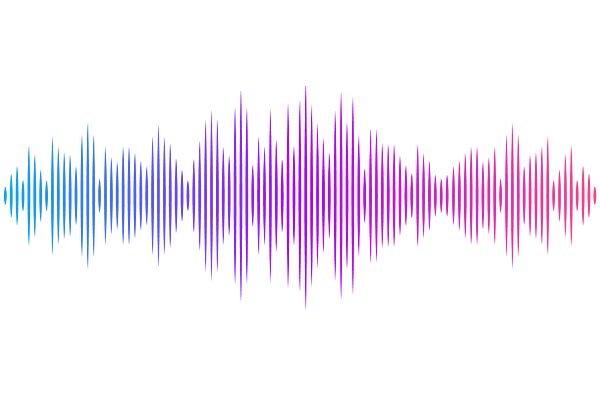Simulating Quantum State Transfer between Distributed Devices using Noisy Interconnects

Simulating Quantum State Transfer between Distributed Devices using Noisy Interconnects
Marvin Bechtold, Johanna Barzen, Frank Leymann, Alexander Mandl
AbstractScaling beyond individual quantum devices via distributed quantum computing relies critically on high-fidelity quantum state transfers between devices, yet the quantum interconnects needed for this are currently unavailable or expected to be significantly noisy. These limitations can be bypassed by simulating ideal state transfer using quasiprobability decompositions (QPDs). Wire cutting, for instance, allows this even without quantum interconnects. Nevertheless, QPD methods face drawbacks, requiring sampling from multiple circuit variants and incurring substantial sampling overhead. While prior theoretical work showed that incorporating noisy interconnects within QPD protocols could reduce sampling overhead relative to interconnect quality, a practical implementation for realistic conditions was lacking. Addressing this gap, this work presents a generalized and practical QPD for state transfer simulation using noisy interconnects to reduce sampling overhead. The QPD incorporates a single tunable parameter for straightforward calibration to any utilized interconnect. To lower practical costs, the work also explores reducing the number of distinct circuit variants required by the QPD. Experimental validation on contemporary quantum devices confirms the proposed QPD's practical feasibility and expected sampling overhead reduction under realistic noise. Notably, the results show higher effective state transfer fidelity than direct transfer over the underlying noisy interconnect.